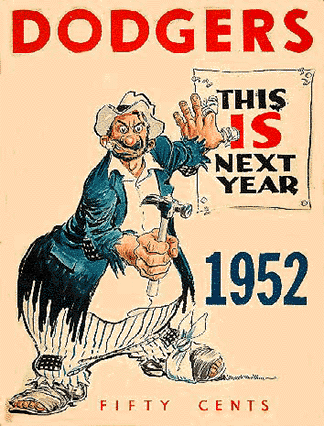Today we have so-called homeless people who live under bridges or in the woods. But when I was little, in the 1950s, there were real tramps or hobos as well as local characters who drifted around town, scaring horses and little kids like me. I never heard anyone called homeless.
One person in particular wore a suit--he probably had just one--and a necktie and cap, so he was fully dressed, if not exactly decently dressed. His name was Claude Long, which became a local synonym for someone wearing ragged and dirty clothes. He wore a dozen pins on his jacket, meaning campaign buttons, and was never cleanly shaved. I do not know how he made a living but he would collect "pop" bottles for the deposit. I suspect that such a character would not be tolerated where I live now.
We were a railroad town and I believe there were woods near the tracks where men traveling the rails would stop over for a while. We also had people going door to door asking for a handout, sometimes displaying a little dog-eared card that said they were deaf and dumb or something like that. Nowadays, the only people going door to door are either Mormons, home remodeling people or people from outside of town selling "far wood." Times change.
One person in particular wore a suit--he probably had just one--and a necktie and cap, so he was fully dressed, if not exactly decently dressed. His name was Claude Long, which became a local synonym for someone wearing ragged and dirty clothes. He wore a dozen pins on his jacket, meaning campaign buttons, and was never cleanly shaved. I do not know how he made a living but he would collect "pop" bottles for the deposit. I suspect that such a character would not be tolerated where I live now.
We were a railroad town and I believe there were woods near the tracks where men traveling the rails would stop over for a while. We also had people going door to door asking for a handout, sometimes displaying a little dog-eared card that said they were deaf and dumb or something like that. Nowadays, the only people going door to door are either Mormons, home remodeling people or people from outside of town selling "far wood." Times change.
